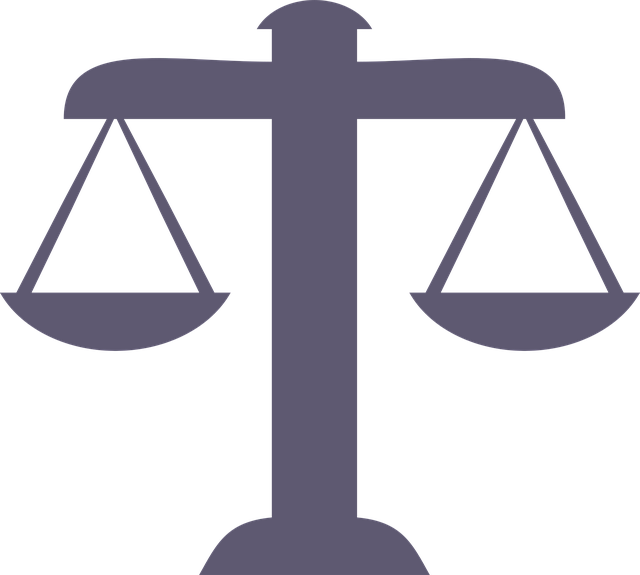Product recall lawyers rely on comprehensive legal documents, such as sales records, manufacturing info, consumer testimonies, medical reports, and regulatory files, to build strong cases for clients affected by unsafe products. They collaborate with regulators like the FDA, gather evidence of manufacturer negligence, including customer complaints and internal communications, and pursue compensation for clients harmed by product liabilities.
Product recall cases are complex legal battles where a skilled product recall lawyer’s success hinges on robust documentation. Understanding the critical documents that support your claim is essential for a positive outcome. This article explores the key legal documents, compelling evidence, and common regulator-required paperwork that can bolster your product recall lawyer’s argument. By equipping yourself with knowledge about these essential materials, you empower your legal team to navigate the intricate process effectively.
- Key Legal Documents for Product Recall Cases
- Evidence that Strengthens Your Lawyer's Argument
- Common Documentation Required by Regulators
Key Legal Documents for Product Recall Cases

In product recall cases, several key legal documents play a pivotal role in aiding a product recall lawyer build a strong case for their client. These include detailed records of product sales and distribution, which can provide timelines and quantities of the faulty products in circulation. Manufacturing records are also crucial, offering insights into production processes, ingredient listings, and any deviations from safety standards. Testimonies and statements from affected consumers carry significant weight, as they describe the circumstances surrounding the product-related incidents. These first-hand accounts often include details about injuries sustained or property damage caused by the defective product, which can be instrumental in proving liability.
Additionally, documentation related to any prior warnings, notices, or recalls issued for similar products is essential. This history can demonstrate a pattern of negligence or intentional misconduct on the part of the manufacturer or distributor. For cases involving injury compensation, medical records and reports that outline the extent of harm caused by the product are vital. Furthermore, in instances where caregiver negligence is a factor, care plans, treatment protocols, and any communication logs between caregivers and manufacturers can help establish liability and the need for legal representation.
Evidence that Strengthens Your Lawyer's Argument

Evidence that strengthens your product recall lawyer’s argument can make a significant difference in the outcome of your case. First and foremost, any documentation proving the existence of a defective product or its potential to cause harm is crucial. This includes manufacturing reports, test results, and user complaints that highlight design flaws or safety issues. Additionally, evidence of the manufacturer’s knowledge of these defects before the recall is issued can be a powerful tool for your lawyer. Such information might come in the form of internal communications, emails, or memos discussing product problems and potential liability.
Beyond these, evidence related to incidents involving similar products, such as slip and fall cases or nursing home abuse resulting from product malfunctions, can bolster your claim. Even partnership disputes between manufacturers or suppliers over product quality can be relevant. These secondary pieces of evidence not only reinforce the primary argument but also demonstrate patterns of negligence or deliberate disregard for consumer safety, which can help your product recall lawyer make a compelling case for compensation and justice.
Common Documentation Required by Regulators

Product recall lawyers often navigate complex legal landscapes when representing clients affected by unsafe products. Regulators, such as the FDA in the United States, typically require specific documentation to ensure product safety and manage recalls effectively. Common documents demanded by these authorities include detailed product specifications, testing reports, manufacturing records, ingredient lists (for consumer goods), and distribution logs. These records are crucial for identifying the source of a potential hazard and facilitating a swift recall.
In addition to regulatory compliance, a product recall lawyer may also gather evidence related to fiduciary duty breaches and personal injury cases. Documentation like customer complaints, field reports, internal company communications, and product liability insurance policies can help establish liability and demonstrate the manufacturer’s negligence in putting unsafe products into the marketplace. These documents are instrumental in building a strong case for clients seeking compensation for any resulting injuries or wrongful deaths.
When navigating a product recall case, having comprehensive documentation is key. Key legal documents, robust evidence, and adherence to regulatory requirements can significantly strengthen your product recall lawyer’s argument. By providing detailed records of design processes, testing results, market distribution, and consumer complaints, you empower your legal team to build a compelling case. These documents not only facilitate efficient navigation through the legal process but also increase the chances of a favorable outcome for both the client and the product recall lawyer.






